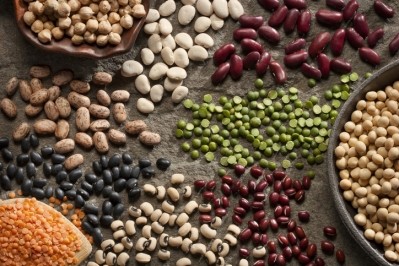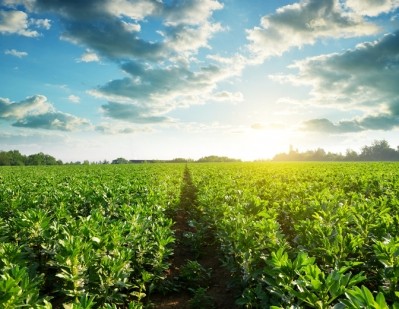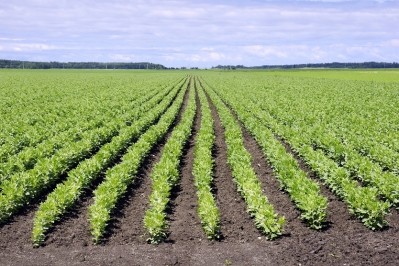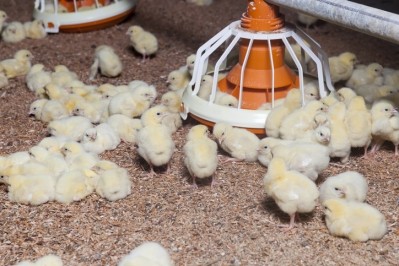Broiler nutrition in the UK: Can faba beans deliver?
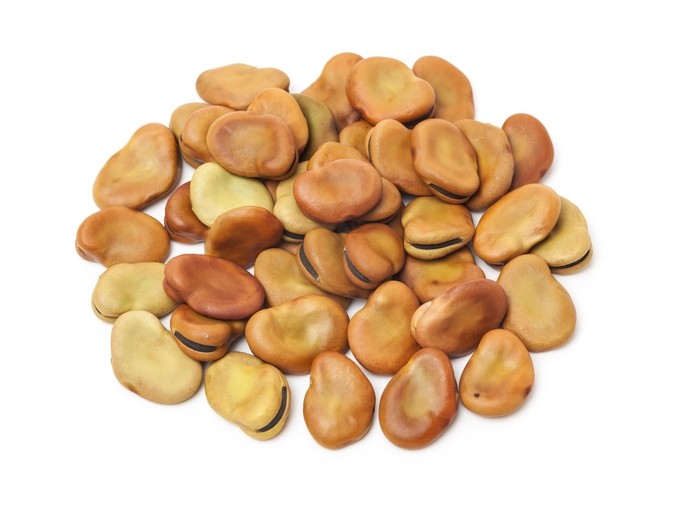
“We do have to conclude though that the absolute level of SBM displacement is perhaps relatively low but that is because we are comparing soy with 48-50% protein levels with a raw material that has at best around 25-30% protein levels. However, dehulling offers opportunities, such technology could allow us to remove not only some of the anti-nutritional factors but also increase the levels of protein in the commodity. Perhaps we can also breed for faba beans with higher levels of protein in order to close the gap further between such [homegrown] protein sources and soy,” said Professor Jos Houdijk, head of monogastric science research center, Scotland’s Rural College (SRUC).
He was presenting on the nutritive value of legumes as alternatives to soybean meal for broiler diets, as part of last month’s NFU poultry research seminar.
Alternative legumes that can, at least, partially reduce dependence on SBM include various non-oilseed legumes (pulses) that are widely cultivated in Europe, including the UK. Faba beans are widely cultivated in Europe and their nutritional value has been reported in various studies (Vilariño etal., 2009; Masey O’Neil etal., 2012; Abdulla etal., 2016b). Nevertheless, there is continued interest in understanding the nutritive value of the legume due to effects of different agronomic practices on its digestible nutrient content, argue Houdijk el al in a paper.
Digestibility
As part of Scottish government backed research work, the SRUC based expert and his colleagues undertook a digestibility study, whereby they compared current varieties of faba beans with soy. As it was a standardized ileal amino acid digestibility (SIAAD), they also included a nitrogen-free diet as part of the study.
“We observed that relative to soy current faba bean varieties had a digestibility 4.5% units lower. We also need to recognize that most of the anti-nutritional factors (ANF), the constraints, are likely associated with the condensed tannins, which are largely found in the hulls.”
A trial the team undertook evaluating the supplementation of starter broiler feeds with 5% faba beans shows the inclusion of such protein sources was ineffectual.
“By the end of the starter phase, at day 11, we had to conclude that the chickens were lighter, they ate less and had a slightly worse FCR. Looking at the effect over the whole experiment until day 34, the birds did not compensate, there was a reduction in performance over the whole trial period.”
Grower and finisher diets
Another trial saw the team evaluate faba beans supplementation in grower and finisher broiler diets. The diets containing 15% faba beans inclusion levels were very well received by the birds, he said. “What we did observe when looking at the weight gain of the birds at 37 days old was that they were slightly above target in terms of where we expected them to be. So we are currently designing a trial to see how [such inclusion levels] would fare under more challenging [environments].”
Last week we reported on the presentation of ABN poultry nutritionist, Brian Kenyon at the same seminar. He looked at whether lupins can work as an alternative protein source for broiler diets.
